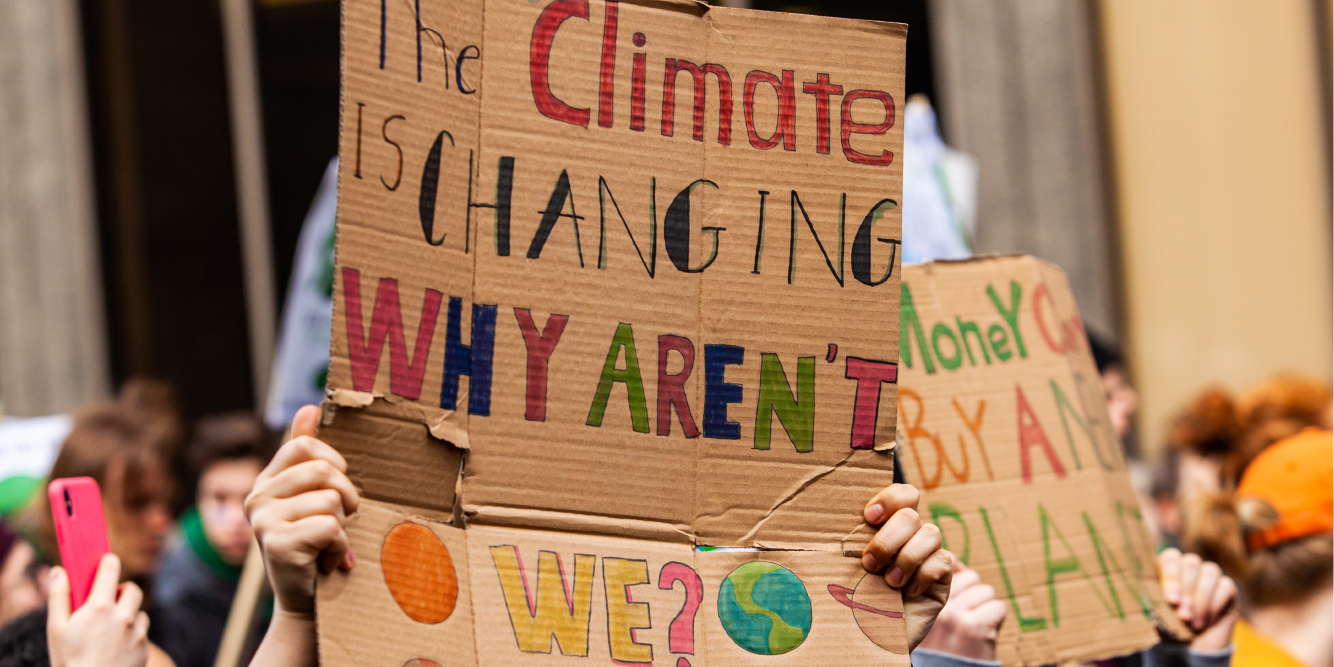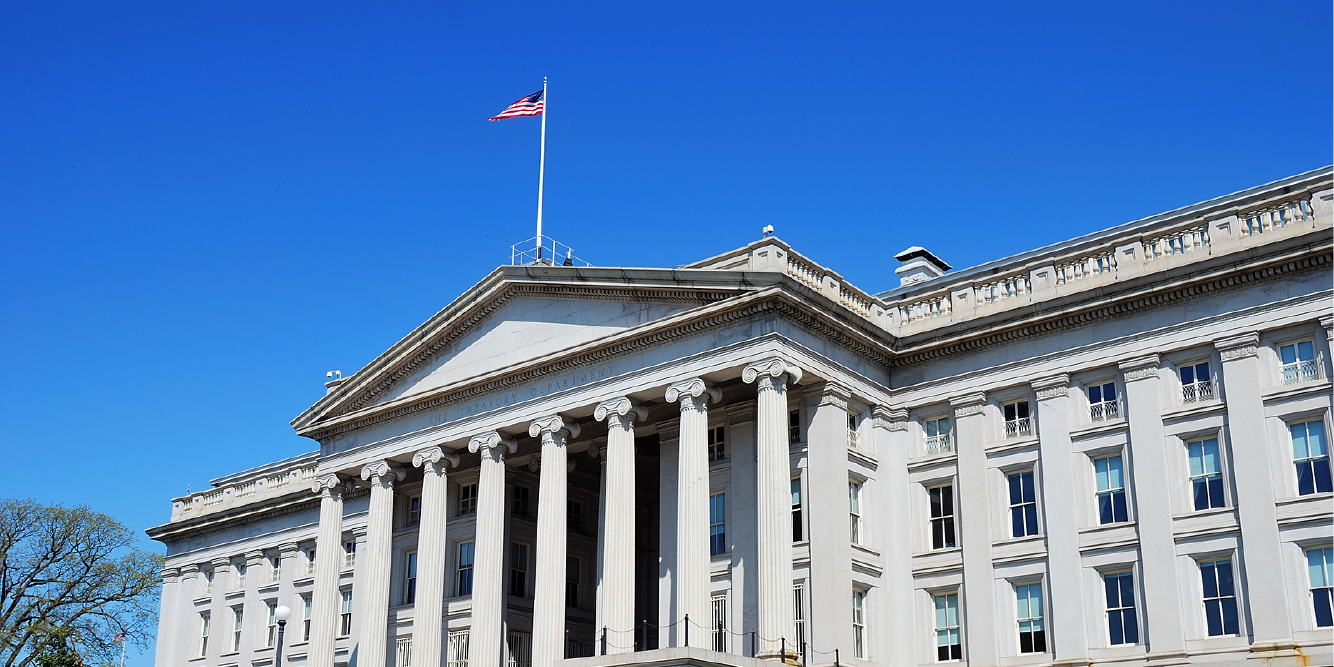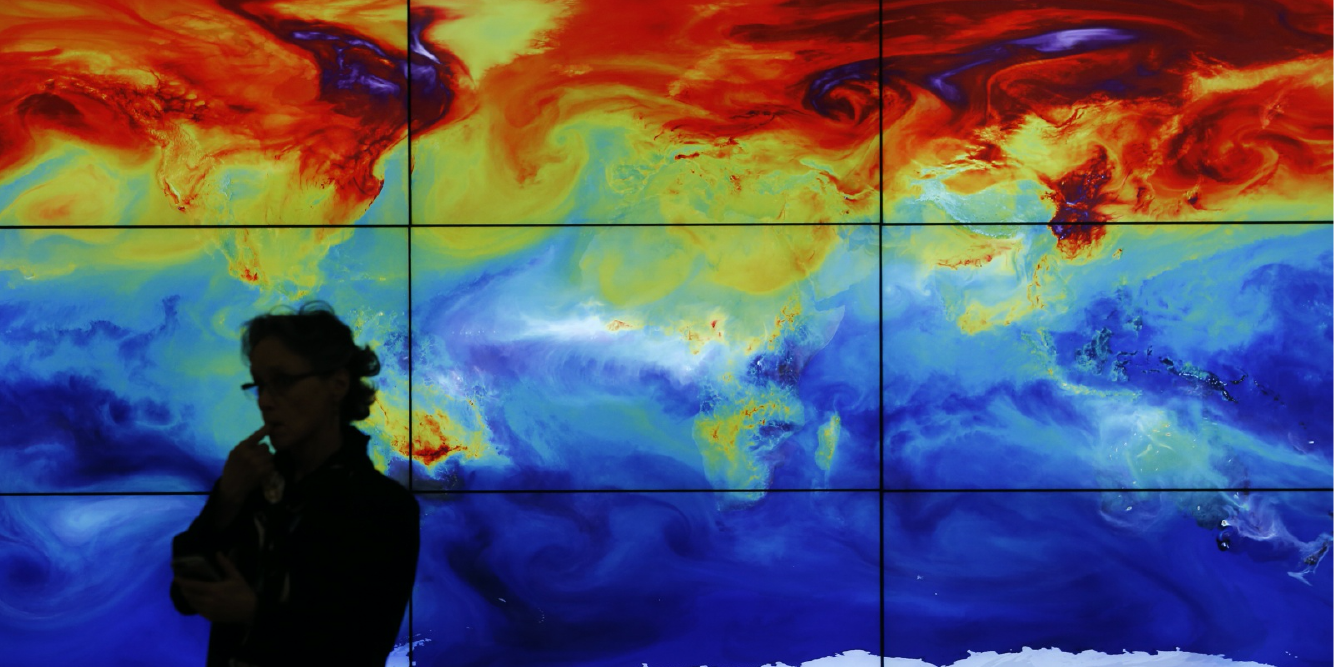Financing the Platform
- There is no higher priority for government investment than responding to the climate emergency. A national response to this threat should not be stymied by demands that all actions be fully funded by existing revenue or cuts in other government services. We face an existential crisis that demands an immediate response by the whole of society.
- There are many federal government initiatives for which we do not ask the question, “How do we pay for it?”[19] Recent examples are expensive wars and tax cuts for major corporations and the wealthiest Americans.[20]
- History, including very recent history, has demonstrated repeatedly that governments can engage in a large degree of deficit spending without harmful consequences.
- The costs of responding effectively to the climate crisis cannot be considered in a vacuum. They must be considered in our current context, a world in which decades’ worth of reckless exploitation of fossil fuels and inaction by policymakers have set humanity on course for unspeakable disaster. The alternative to ambitious, large-scale climate action—failing to respond adequately—would not only abdicate our moral and constitutional responsibilities and cause unimaginable suffering and loss of life; it would be far more expensive than taking ambitious and equitable action to respond to the crisis.
Switching to renewable energy will save trillions of dollars in fuel and health care costs, and the transition will involve massive investments that will create jobs and spur economic growth.
[19] This discussion applies to federal government expenditures on U.S. activities.
[20] Treasury will again borrow $1 trillion to pay for tax cuts, spending https://www.axios.com/treasury-borrowing-debt-government-spending-tax-reform-a5f699d6-31a9-41b1-861a-02329a744797.html.















